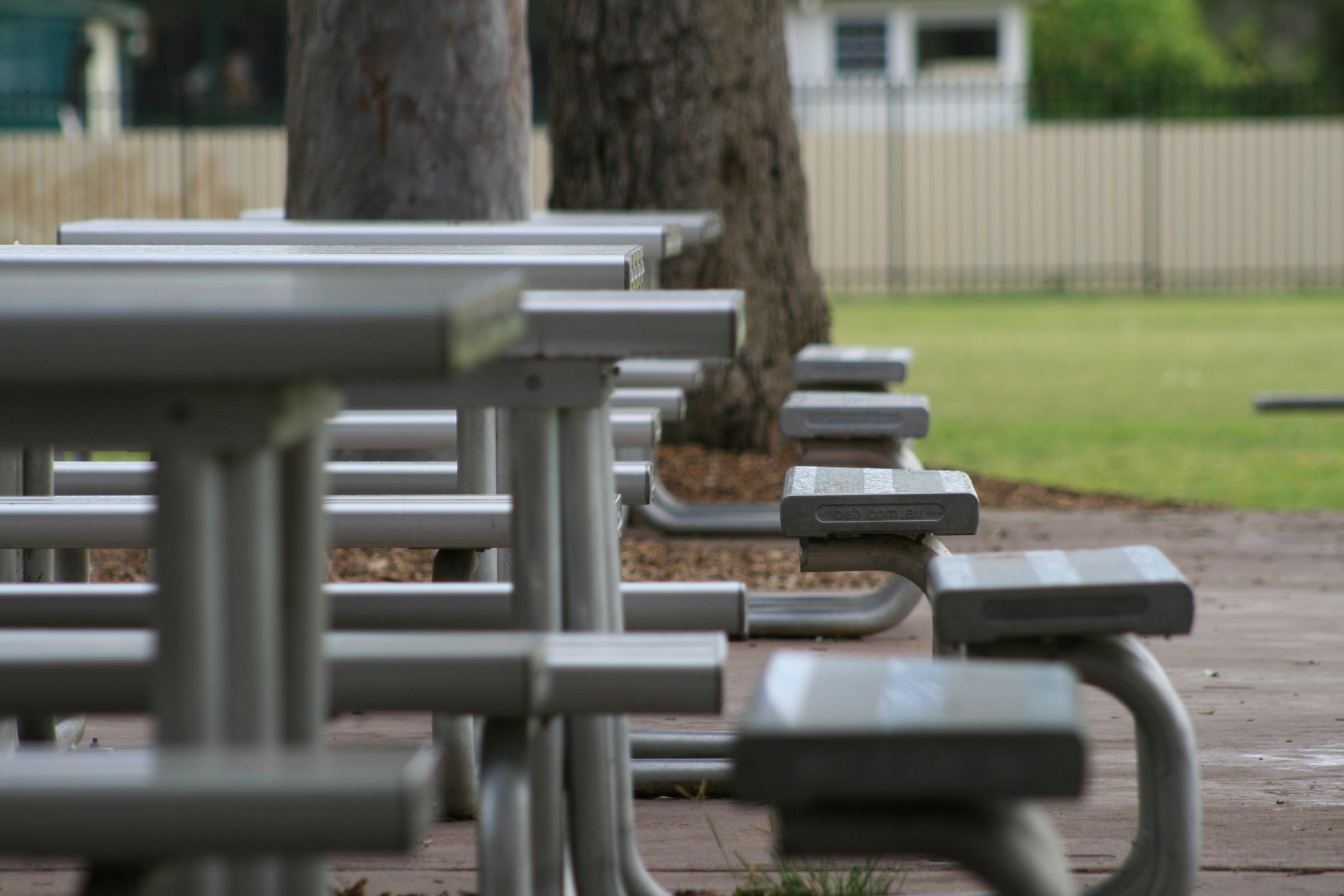Whole School News

PLEASE NOTE : School supervision starts at 8.30am
Formal morning supervision of our students does not commence until 8:30am. We ask that parents recognise this and do not drop off or allow children to walk/ride to school prior to this time. Pickup gate supervision concludes at 3:30pm.
2018 Staff List
Attached is a current staff list for 2018
Positions Vacant at St Philomena's School
School Support Officer - Part -time
We currently have a vacancy for a Temporary Part -Time School Support Officer (24 hrs per fortnight). Please contact the school office by phone 6752 1577 or
email admin@stphilomenasmoree.catholic.edu.au for further details on the position.
Pastoral Care and Wellbeing
In 2018, St Philomena’s has allocated staffing to support pastoral care and wellbeing initiatives in our school. This initiative is directly aligned to both our school Annual Improvement Plan and that of the Catholic School’s Office.
The school welcomes a new counsellor this year, Margherita Di Re, whose role is to offer support to our student body. Centacare remains the service provider. Staff and students have met Margherita who has been a highly visible presence. There are times in the life of a student when they may require a top up of support. This service is free and is offered on site. Secondary students may initially self refer. Should you consider that this service is one which may be of benefit to your child, please contact the relevant teacher of Assistant Principal.
Our newsletter will offer relevant and interesting parent reading articles around wellbeing . Some new initiatives are underway which look forward to sharing these with you in the coming weeks.
10 Strategies to Help Kids Develop Resilience
Resilience is the ability to ‘bounce back’ from life’s difficulties. For many young people it is vital to help them develop resilience strategies that promote well-being and develop coping mechanisms. Many resilient teenagers are seen as resourceful and are emotionally and mentally balanced.
Andrew Fuller is a clinical psychologist and Generation Next speaker, he describes resilience as “the happy knack of being able to bungy jump through the pitfalls of life – to rise above adversity and obstacles.”
Tips for building resilience in children
1. Make connections
Teach children how to make friends and develop empathy. Encourage them to be a friend in order to get friends. At school, watch to make sure that one child is not being isolated. Connecting with people provides social support and strengthens resilience.
2. Teach children to help others
Children who may feel helpless can be empowered by helping others. Ask for help with a task they can master. At school, brainstorm with children about ways they can help others.
3. Daily routine
Following a routine can be comforting to children, especially younger children who crave structure in their lives. Encourage children to develop their own routines.
4. Take a break
Although it is important to stick to routines, endlessly worrying can be counter-productive. Show children how to focus on something besides what’s worrying them.
5. Self-care for children
Teach child the importance of making time to eat properly, groom themselves, exercise and rest. Children need ‘down time’ to relax, so make sure that not all free time is filled with a scheduled activity.
6. Goals
Teach children to set reasonable goals and move toward them one step at a time. Moving toward that goal and receiving praise for doing so will focus children on what they have accomplished.
7. Nurture a positive self-view
Help children remember ways that they have successfully handled hardships in the past and how this can help them handle future challenges. Help children learn to trust themselves to solve problems and make appropriate decisions.
8. Be optimistic
Even when children are facing very painful events, help them look at the situation in a broader context. A positive outlook enables children to see the good things in life and keep going even in the hardest times.
9. Self-discovery
Change and tough times are often when children learn the most about themselves. Help children to see that this is a good time to find out “what they are made of.” Change can be scary for young people, help them to see that change is part of life.
10. Make home a safe haven
In high school, taunting and bullying can intensify – home should be a haven, especially as your teen encounters more freedoms and choices and looks to home to be a constant, safe and emotionally secure place in his or her life.

